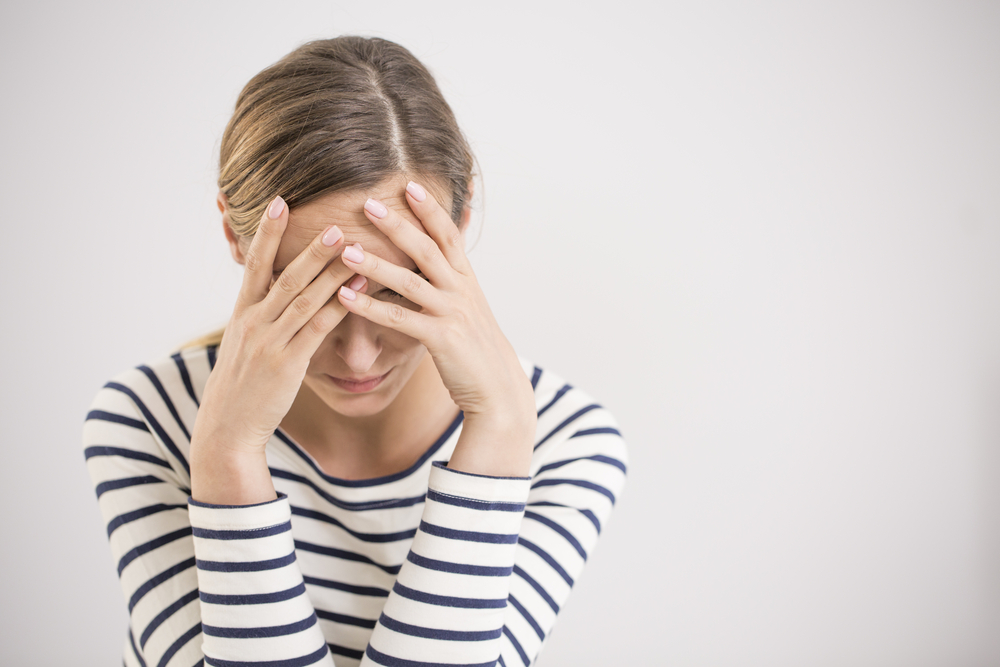Can exercise help ease depression and anxiety?
Depression, a widespread mental health condition affecting an estimated 5% of adults globally as per the World Health Organization data. It is a concern that often requires varied approaches for management. A thing to notice is that more women are impacted by depression than men. Here we have mentioned 10 exercises that have been recognised for their potential to reduce the symptoms of depression and anxiety.
Walking
A simple yet effective exercise, walking promotes the release of endorphins, known as “feel-good” hormones. Taking a daily stroll and making it a habit into your routine can positively impact mood and reduce stress. As per a research published in the British Journal of Sports Medicine, when compared to standard care (such as medications), doing 150 minutes per week of various types of physical activity (such as brisk walking, lifting weights, and yoga) significantly reduces depression, anxiety, and psychological distress.
Yoga
The combination of gentle movements, controlled breathing, and mindfulness in yoga has been shown to reduce symptoms of depression and anxiety. Various yoga poses and practices cater to different comfort levels. For example Sukhasana, Adho Mukha Svanasana and Uttanasana.
Running or jogging
Doing cardiovascular activities like running or jogging can significantly enhance mood by increasing the production of neurotransmitters like serotonin. The Harvard Health Publishing also recommends for you to start with short sessions and gradually build up with exercise to reduce your anxiety to some level.
Strength training
Resistance exercises not only improve physical health but also contribute to mental well-being. Building strength has been linked to increased self-esteem and a more positive outlook on life.
Swimming
The rhythmic nature of swimming, combined with the lightness of water, creates a soothing environment. Swimming has been associated with reduced symptoms of depression and anxiety.
Dance therapy
Expressive movement through dance provides an outlet for emotions and promotes a sense of joy. Dance therapy is gaining recognition for its ability to enhance mood and reduce stress. As per the research “Exercise for Mental Health” published in the US National Library of Medicines also states that dancing and aerobics could be beneficial in helping you cope with depression.
Cycling
It’s a leisurely ride through the park or a more intense cycling session, this activity can enhance your mood and improve overall mental well-being. The combination of fresh air and physical activity is a powerful antidote to stress.
Meditation
While not a traditional “exercise,” meditating in a true sense is a powerful tool for managing depression and anxiety. Meditation has been associated with improvements in mood and overall mental health.
Pilates
Focusing on core strength and flexibility, Pilates can be a gentle yet effective way to improve mental well-being. It promotes body awareness and encourages a mind-body connection.
Group fitness classes
Joining group fitness classes, such as aerobics or spin classes, not only provides physical activity but also a sense of community. The social aspect can contribute to improved mood and decreased feelings of isolation.






